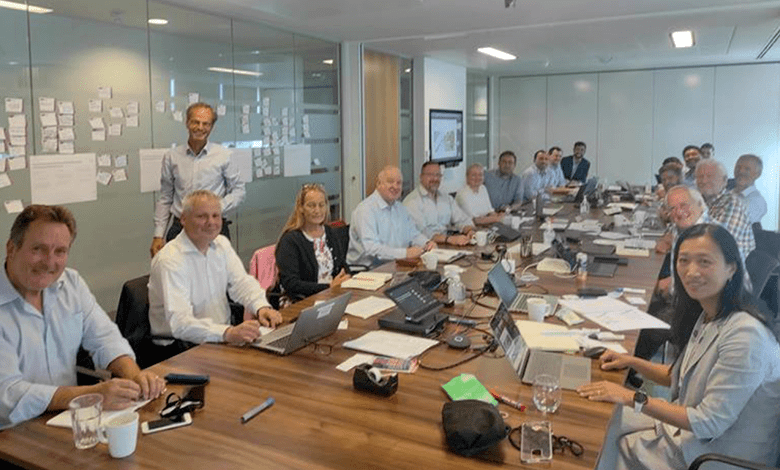Decommissioning
Leading the sharing of international experience and good practice, advocating for risk-based decommissioning policy and guidance
Decommissioning
Leading the sharing of international experience and good practice, advocating for risk-based decommissioning policy and guidance
In the 1970s, the building of huge offshore facilities inspired awe. Now, decommissioning these facilities is a feat just as remarkable. It includes onshore and offshore wells and facilities- pipelines, concrete gravity based structures, steel piled jackets, subsea infrastructures, and Floating production storage and offloading vessels (FPSO).
Globally, it represents a massive committment. An estimated USD 42 billion is expected to be spent on decommissioning up to 2024 alone.
- In the North Sea, spending on decommissioning is expected to overtake capital expenditure towards the end of the 2020s.
- In Southeast Asia, it is predicted that more than 200 offshore fields would stop producing by 2030 with total decommissioning costs estimated to range from USD $30 billion to as much as $100 billion.
- In Australia, more than USD $40.5 billion of necessary decommissioning work needs to be carried out on its offshore oil and gas infrastructure, over half of which must be started within the next ten years.
Representing the industry, globally

IOGP has observer statuses to represent the industry at many regional and international organisations including Regional Seas Conventions – OSPAR (Oslo-Paris convention for the NE Atlantic), Barcelona (Mediterranean), Abidjan conventions – IMO, London Convention/Protocol and others.
It serves as an expert advisor at several forums, including at International Regulators Forum (IRF), International Offshore Petroleum Environment Regulators Forum (IOPER) and EU Offshore Authorities Group (EUOAG).
Together with other observer organisations and Contracting Parties, IOGP participates in the review of Decommissioning policies, guidance, and regulations at these forums.
Regulations
Decommissioning regulations clarifying approval processes and stakeholder engagement has been developing globally, and IOGP has compiled current decommissioning regulations in:
- Overview of International Offshore Decommissioning Regulations – Volume 1: Facilities (IOGP 584) and
- Overview of International Offshore Decommissioning Regulations – Volume 2: Wells Plugging and Abandonment (IOGP 585).
Other publications
We have published good practices on:
- Guidelines for upstream pre-project decommissioning estimates
- Decommissioning of offshore pipelines,
- Concrete Gravity Based Structures (CGBS),
- as well as Habitat Retention strategies for Offshore Jackets,
- Ecology of Steel Piled Jackets and Subsea Infrastructure and others.
All publications by the IOGP Decommissioning Committee can be downloaded from the IOGP Publications Library. In 2022, we published a white paper on Asset Retirement Obligations (restricted to members) which discusses existing ARO practices and lessons learnt from IOGP Member Companies.
Based on its members’ experiences with decommissioning regimes around the world, IOGP advocates that:
- Decommissioning policies and requirements need to be clear, stable and predictable to allow preparation of credible decommissioning plans and for estimating decommissioning costs.
- The decision-making process for decommissioning planning and approvals must be clearly defined and efficient
- Regulations must allow flexibility to adopt the most appropriate decommissioning approach depending on local and project specificities ensuring safe, environmentally sustainable and economically efficient decommissioning.
We support decommissioning training and capacity building. We have contributed to IMO’s London Convention and London Protocol’s Science Day in 2021, conducted a decommissioning training and capacity building for UNEP and support global Decommissioning Conferences. We collaborate with other organisation such as Energy Institute’s on ‘Embedding circularity in Construction and Decommissioning of projects,’ and with the International Atomic Energy Agency’s on ‘Decommissioning of NORM (Naturally Occurring Radioactive Materials) related facilities.’



